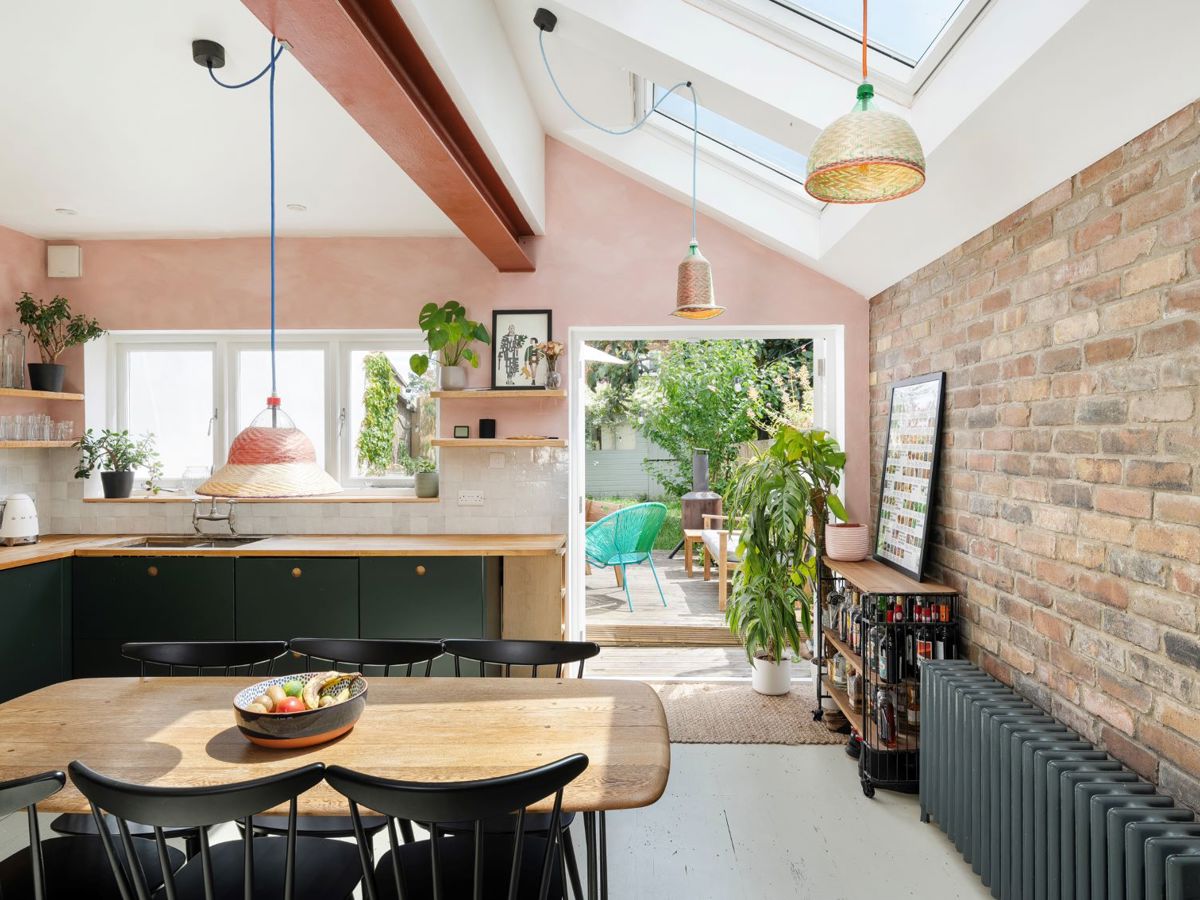Legionella, some simple precautions for our tenants
Legionella is a naturally occurring bacteria found in water and water systems. It can result in a range of diseases including Pontiac Fever, Lochgoilhead Fever and Legionnaires’ Disease.
It is rare! no need to worry, but it's not impossible to contract these through a domestic water system.
So, some simple precautions can reduce the risk further. Those most at risk are those in the following groups: Older people, heavy smokers or drinkers, people with chronic respiratory or kidney disease, those with diabetes lung or heart disease and those with impaired immune systems.
Although common and naturally occurring, the bacteria is comparatively harmless where it exists in low concentrations. The risk increases where water is stagnant and at a temperature warm enough for the bacteria to breed. Breeding occurs roughly between 20 and 45 Celcius. The biggest risk comes from breathing in contaminated water droplets and for this reason, a shower is probably the riskiest water source in a residential property.
The more water stored in a property, the greater the risk and the longer the water takes to be used, the greater the risk. Therefore, under average conditions, a family of four children and parents living in a four-bed house will have less risk of a build-up than a single resident as the family would be using more water and preventing build-up.
There are steps the landlord takes to ensure the risk is managed but there are things that the tenant, as the resident in the property, needs to do to help manage the risk.
1. If you have been away for a week or more, perhaps on holiday or away for the summer break if a student, run the water through to clear the water that has been sitting in the hot and cold water system. Turning on taps in basins and baths and flushing the toilets is the most effective. To wash through the showerhead, put the shower head down in the bath or shower tray to avoid too many water droplets in the air. If you have been away in the summer the cold water storage tank could have sat for the whole time at over 20oC, encouraging breeding. This is less likely to be a problem in the winter when the cold water will be stored at a cooler temperature.
2. The hot water will be set above 45oC to prevent breeding in the hot water tank. This means that each time the water is heated, it should be making it hard for them to breed.
3. Run water through unused outlets. For example, if you have an en-suite in the guest bedroom, but this is not used very often, then ensure you run water through both taps on the wash hand basin and the toilet and shower periodically and certainly before anyone might be using those facilities.
Carrying out these simple precautions will dramatically reduce the risk of contracting any of the diseases associated with this bacteria.
Comprehensive advice is available on the Health and Safety Executive’s website and through their publication 'Essential information for providers of residential accommodation' here.
We hope this article was useful, if you have any questions our team will be happy to help.
Share
